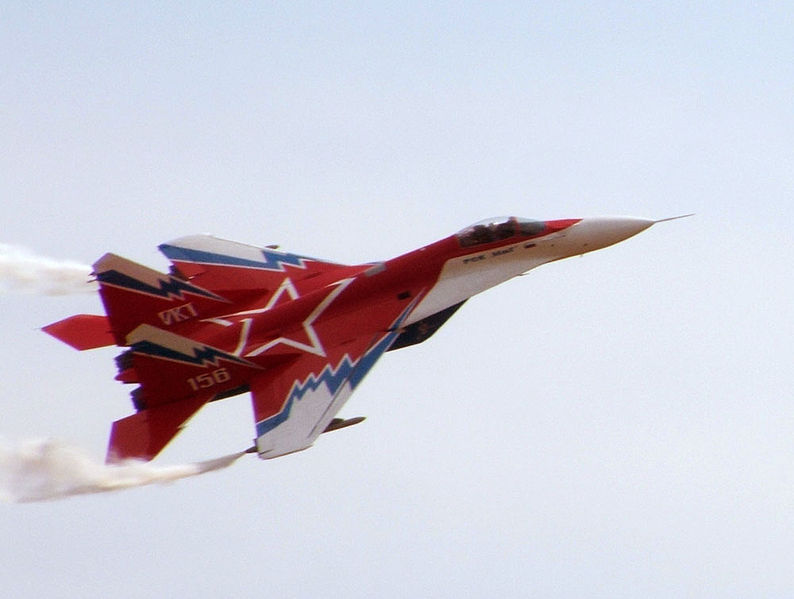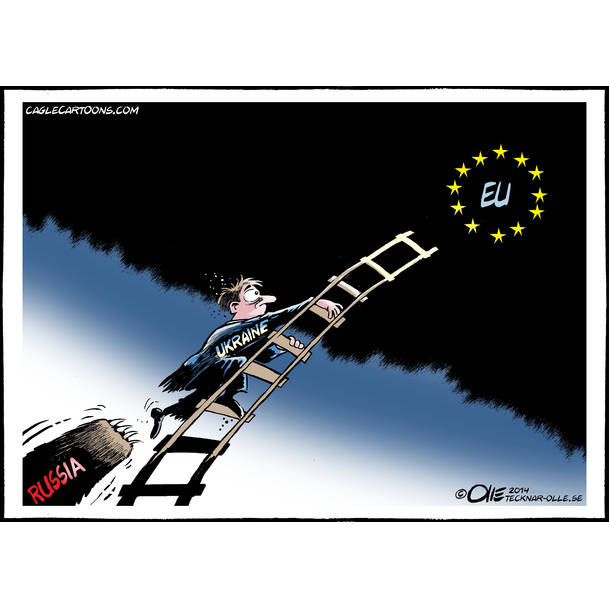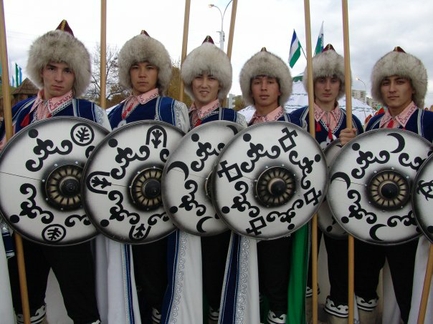There are many reasons why Vladimir Putin has been threatening the West with the possibility that he will use nuclear weapons against its allies, but one that has not received much attention is that he may be doing so because his country is rapidly losing its nuclear defense capability.
That possibility suggested three years ago by a Russian expert is so frightening in its implications that many will want to dismiss it out of hand, but in an essay today, Kseniya Kirillova provides background on the case and on why it is less implausible than many may think.
As she points out, Russia’s dependence on Western technology in many spheres has increased dramatically over the last 20 years: Western technology is often far ahead of its Russian counterpart and less expensive, Moscow’s investment and planning in technological development has fallen off, and many Russian specialists now work abroad rather than at home.
But it has generally been assumed that this is less true in the military sector than in others and least true of all in the critical nuclear weapons sector in particular. That assumption may not be valid if one considers what some Russian experts and even some Russian politicians have been saying over the last three years, Kirillova says.
In the fall of 2011, Yury Tsarik, the deputy director of the Moscow Institute of Demography, Migration and Regional Development, noted that some of the efforts of Russia to import and use Western technology had failed because Russians had no equivalent technologies and misused the Western ones.
“Unfortunately,” the Moscow specialist said at the time, “such a catastrophic situation is occurring not only in space industry but in aviation, ship building and machine building as well. In fact, all Russian machine building is being destroyed by the lack of a coherent government policy.”
“The lack of clear plans for the development of corresponding industries ten to twenty years ahead makes impossible serious planning for the technological re-investment. And without such re-investment, it will turn out to be impossible to come up with high quality production,” Tsarik said.
And then he made his key and disturbing judgment: “As a result, Russia over three to five years can lose its nuclear shield as a result of its inability to produce the ensemble of machines which will permit it to deliver weapons onto the territory of its opponent.”
Tsarik delivered those words more than three years ago, and that means that it is possible, if his judgment is correct, that Russia is in trouble in this regard now, a problem that could make its leadership more rather than less inclined to threaten first use of nuclear weapons than otherwise.
Film of the unsuccessful launch of a S-300 air defense missile appeared on YouTube this week (below), Kirillova points out, providing at least a partial confirmation of this. But an even more important form of confirmation came from one of the most aggressive hawks in the Russian government, Dmitry Rogozin.
https://www.youtube.com/watch?v=Vqxs7-8OUIc
Last fall, he said that “in the case of a ‘hot’ conflict, Russia would lose a war with the United States in six hours,” a statement that was widely written off at the time as simply an effort to convince the Kremlin to spend more on defense but that may have had a deeper meaning as well.
The situation with Russian military aviation is “no better,” Kirillova points out. The current generation of Russian MiGs are so accident-prone that pilots refer to them as “’flying caskets,’” and Russian rights activist Elena Vasilyeva said at the end of last year that officers were praying none of them would crash during a visit to the Barents Sea by Putin.






